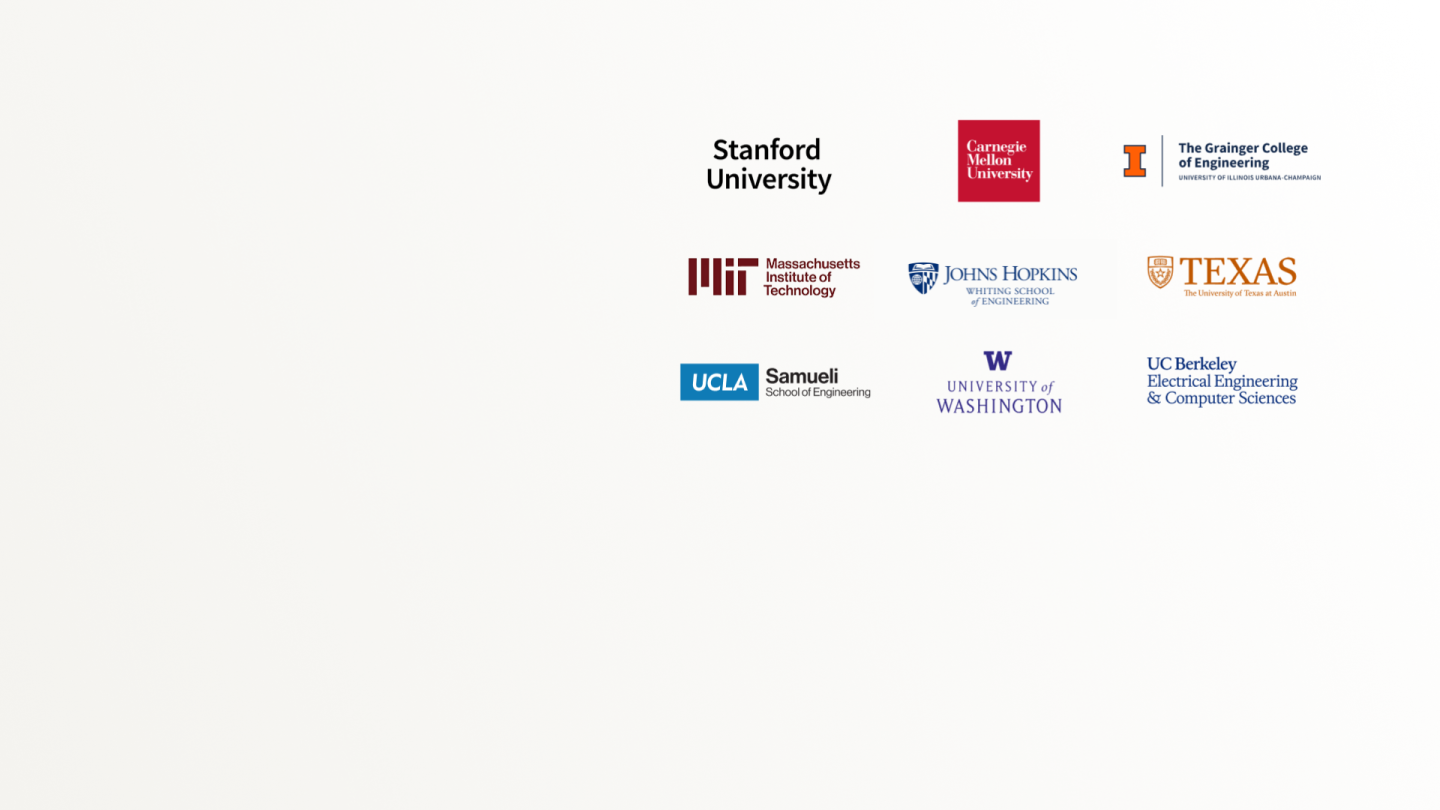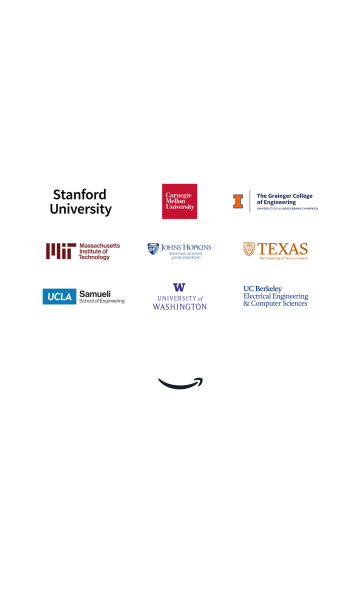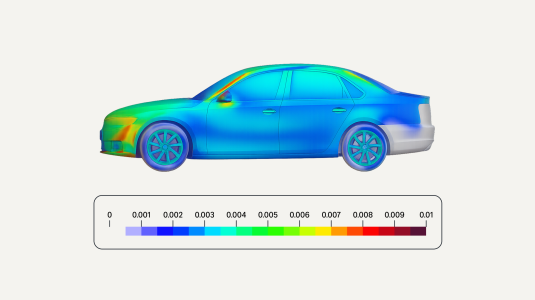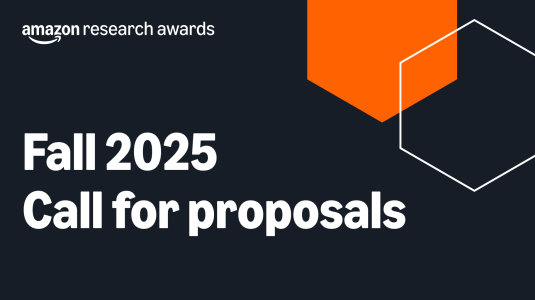Customer-obsessed science


Research areas
-
September 26, 2025To transform scientific domains, foundation models will require physical-constraint satisfaction, uncertainty quantification, and specialized forecasting techniques that overcome data scarcity while maintaining scientific rigor.
-
Featured news
-
2025In this work, we introduce long-video masked-embedding autoencoders (LV-MAE), a self-supervised learning framework for long video representation. Our approach treats short- and long-span dependencies as two separate tasks. Such decoupling allows for a more intuitive video processing where short-span spatiotemporal primitives are first encoded and are then used to capture long-range dependencies across consecutive
-
2025Large Language Models (LLMs) often suffer from mode collapse, repeatedly generating the same few completions even when many valid answers exist, limiting their diversity across a wide range of tasks. We introduce Group-Aware Policy Optimization (GAPO), a simple extension of the recent and popular Group Relative Policy Optimization (GRPO) that computes rewards over the group as a whole. GAPO enables learning
-
2025Large Language Models (LLMs) often generate responses with inherent biases, undermining their reliability in real-world applications. Existing evaluation methods often overlook biases in long-form responses and the intrinsic variability of LLM outputs. To address these challenges, we pro-pose FiSCo (Fine-grained Semantic Comparison), a novel statistical frame-work to evaluate group-level fairness in LLMs
-
2025Safety alignment approaches in large language models (LLMs) often lead to the over-refusal of benign queries, significantly diminishing their utility in sensitive scenarios. To address this challenge, we introduce FalseReject, a comprehensive resource containing 16k seemingly toxic queries accompanied by structured responses across 44 safety-related categories. We propose a graph-informed adversarial multi-agent
-
2025The proliferation of multimodal Large Language Models has significantly advanced the ability to analyze and understand complex data inputs from different modalities. However, the processing of long documents remains under-explored, largely due to a lack of suitable benchmarks. To address this, we introduce Document Haystack12 , a comprehensive benchmark designed to evaluate the performance of Vision Language
Conferences
Collaborations
View allWhether you're a faculty member or student, there are number of ways you can engage with Amazon.
View all














































